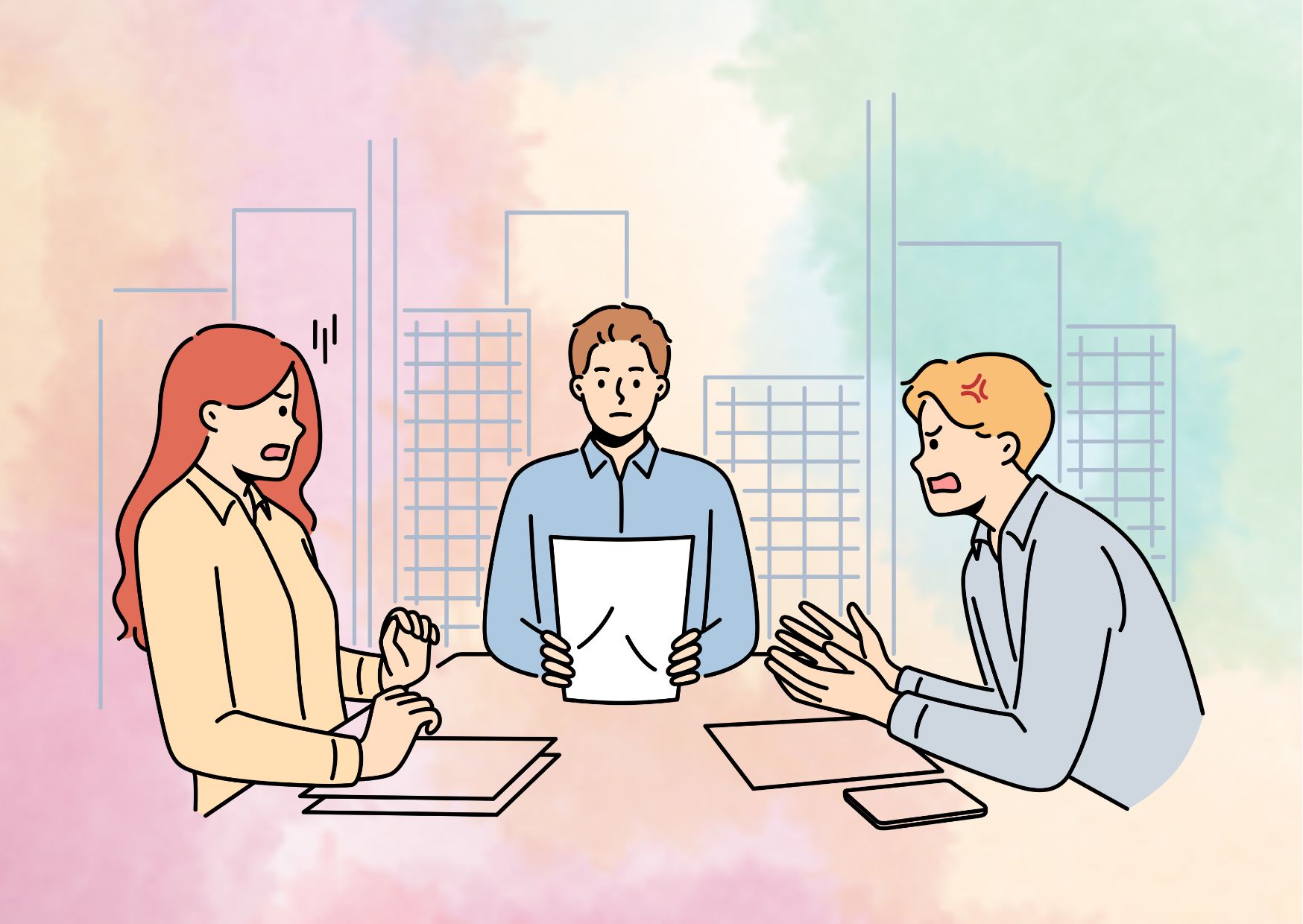Signs You’re Being Too Honest
Recognizing when we are being too honest is the first step towards improving our relationships. Here are some signs that indicate we may be crossing the line with our honesty:
1. Unfiltered Opinions
When we have no filter and share our opinions without considering their impact, it suggests that we may be too focused on our own perspective and not considering the feelings of others. It’s important to take a moment to reflect on how our words may be received before sharing our opinions.
2. Constant Criticism
If we find ourselves constantly criticizing others, pointing out their flaws, or highlighting their mistakes, it may be a sign that we are being too harsh and lacking empathy. Constructive feedback is essential, but it should be delivered in a compassionate and supportive manner.
3. Lack of Tact
Tact refers to the ability to communicate honestly while considering the feelings and sensitivities of others. If we often find ourselves being blunt and direct without considering the impact of our words, it may be an indication that we need to work on our tactfulness.
4. Difficulty Maintaining Relationships
If we notice a pattern of strained or broken relationships in our lives, it may be worth examining our level of honesty. While honesty is important, it should not come at the expense of our connections with others. Strive to find a balance between honesty and maintaining healthy relationships.
Suggetsion for read: Understanding the Challenges of Being Too Intense in Relationships
5. Negative Reactions from Others
Pay attention to the reactions of others when you express your honesty. If you consistently receive negative responses, defensiveness, or avoidance, it may be a sign that your level of honesty is causing discomfort or harm.
6. Lack of Boundaries
Being excessively honest can sometimes lead to overstepping boundaries. It’s important to respect the privacy and personal space of others, and not share unsolicited opinions or personal information without their consent.
7. Difficulty Accepting Feedback
If you find it challenging to accept feedback or criticism from others, it may be a sign that you are overly attached to your own perspective and resistant to alternative viewpoints. Being open to feedback is essential for personal growth and maintaining healthy relationships.
8. Feeling Isolated
Excessive honesty can lead to a sense of isolation, as people may distance themselves from us to protect their emotional well-being. If you find yourself feeling lonely or disconnected from others, it may be worth considering the impact of your honesty on your relationships.
9. Lack of Emotional Support
If people hesitate to confide in you or seek emotional support due to your reputation for brutal honesty, it may be a sign that your level of honesty is hindering your ability to provide comfort and support to others.
10. Negative Impact on Your Mental Health
Constantly being too honest can also have a negative impact on your mental health. It can lead to feelings of guilt, regret, or anxiety about how your words may have hurt others. It’s important to take care of your own well-being and find healthier ways to express your honesty.
By recognizing these signs, we can take steps towards finding a balance between honesty and empathy, improving our relationships, and creating a more harmonious environment.
Seeking Support
If you find that being too honest is causing problems in your relationships and affecting your mental well-being, seeking support from a therapist or counselor can be beneficial. Online counseling and therapy services provide a convenient and accessible way to address these concerns and work towards healthier communication patterns.
At Inquire Talk, our team of experienced therapists offers online counseling, therapy, and psychotherapy services. Through individual sessions, you can explore your patterns of honesty, learn effective communication strategies, and develop a better understanding of how your words impact others. Our compassionate therapists are here to support you on your journey towards healthier relationships and improved mental well-being.
Conclusion
While honesty is a valuable trait, being too honest can have its drawbacks. It’s important to find a balance between honesty and empathy, considering the impact of our words on others. Recognizing the signs of being too honest can help us improve our relationships and create a more supportive and understanding environment. If you find that being too honest is causing issues in your relationships, seeking support from a therapist can provide guidance and help you develop healthier communication patterns. Remember, honesty is important, but it should always be accompanied by kindness and consideration for others’ feelings.
Here are few certified therapists who you can get in touch and book a therapy session with:
Nicola Demetriou
Roxanne Bigwood
Natalie Mills
